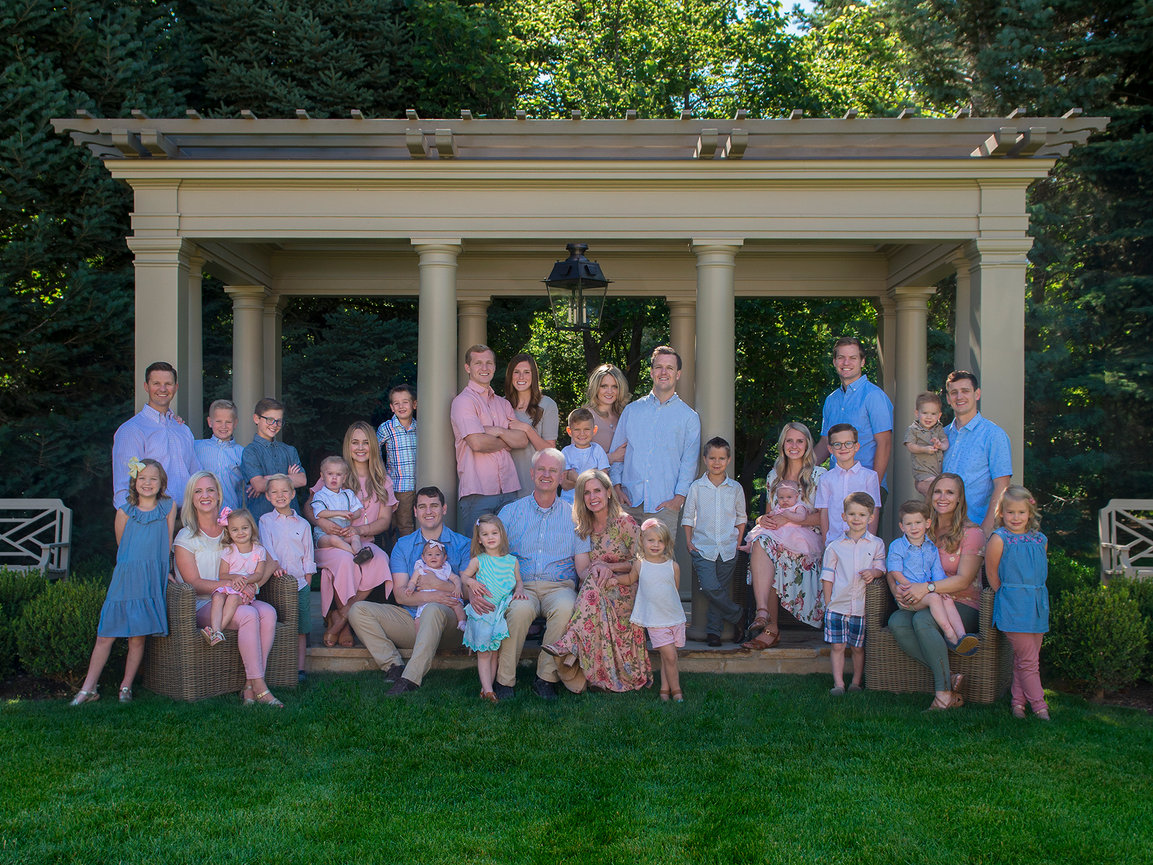Documentation Requirements
Proving Last Living Relative Status
One of the most challenging aspects of the Last Living Relative Program is proving that the person you wish to sponsor is indeed your last remaining relative. This requires comprehensive documentation and evidence.
Required Evidence
Documenting Your Family Situation
To prove that the person you wish to sponsor is your last remaining relative, you will need to provide comprehensive documentation about your family history and current family situation.
The following documents are typically required:
- Birth certificates for yourself and all family members
- Death certificates for deceased family members
- Marriage certificates and divorce decrees
- Adoption papers (if applicable)
- Family tree or genealogical documentation
- Statutory declarations explaining your family situation
For orphaned relatives under 18, you will also need to provide:
- Death certificates for both parents
- Legal guardianship documents (if applicable)
- School records and other documents establishing the child's identity
Document Assessment Service
Common Documentation Challenges
Missing Documents
Many applicants struggle to obtain all required documents, especially from countries with poor record-keeping or those affected by war or natural disasters. In such cases, alternative evidence may be accepted, such as church records, school records, or affidavits from community leaders.
Document Authentication
Documents from foreign countries often need to be authenticated or legalized. This may involve getting them notarized, obtaining an apostille, or having them verified by the Canadian embassy or consulate in the country of origin.
Translation Requirements
All documents in a language other than English or French must be translated by a certified translator. Both the original document and the translation must be submitted with your application.
Proving No Other Relatives Exist
One of the most challenging aspects is proving a negative—that you have no other eligible relatives. This often requires detailed explanations and supporting evidence about your extended family situation.
